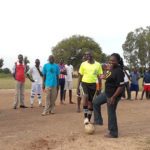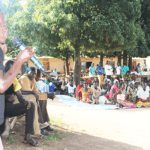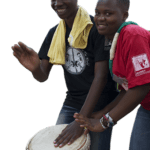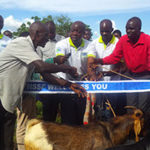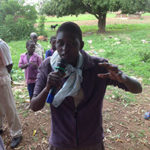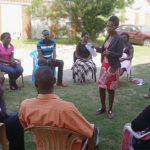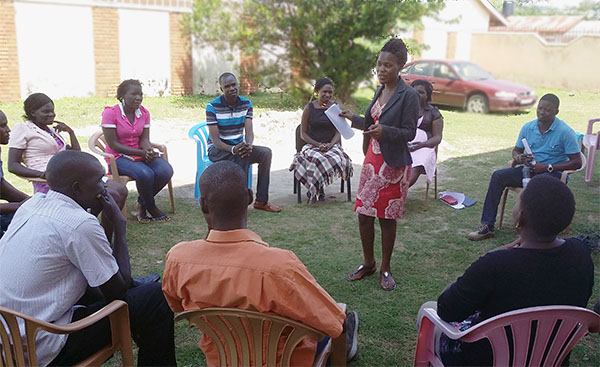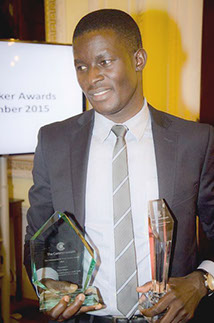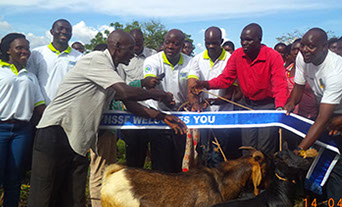Passion for peace and reconciliation in Africa dominates regional youth summit in Uganda
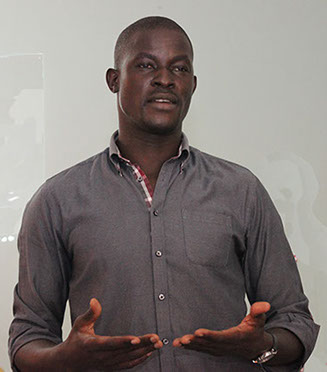
Many young Africans are experiencing an era of lost independence, I appeal to the leaders in power to give shape to the idea of nationhood, as opposed to the current divisive sectarian and ethnic trend.
To the young generation, we have suffered for too long, it’s our responsibility to drive our continent away from the fatigue of conflict. Let’s choose peace and work to heal our nations while advocating for politics of inclusion and promote constitutionalism.
Victor OCHEN, Nobel Peace Prize Nominee 2015
“As a grandchild to the victim of apartheid in South Africa, what our history does is, it helps us understand about why things are the way they are today.
Looking at problems from a historical lens helps give answers to present day problems. Our generation must learn and get a mutual foundation for reconciliation based on full account of what exactly happened; and this is not a favor but a right for young Africans.”
Lerato Rhunani Nonhlanhla, South Africa
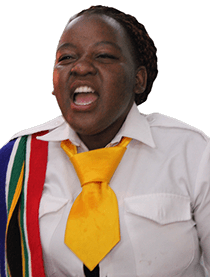
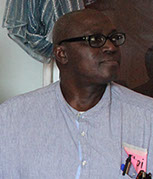
“Teach real history to the young generation; protect the memory of the victims without furthering discrimination but in the spirit of promoting reconciliation in Africa.
Eloi the Chief Curator of the house of Slave trade in Goree Island in Senegal
“Without support from our families, from our government, from our communities; our dreams will not come true. We need to work hard and change the psychology of the old generation who should start believing in the youth, and implement policies that caters for everyone in the country”
Gloria Wabwire, Kenya
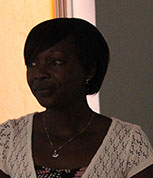
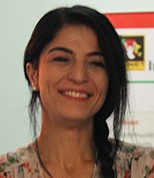
“Considering the multiple roles youth can play in armed conflict, efforts to prevent mass atrocities are significantly strengthened when youth are provided with a platform for dialogue with one another and leaders in their community. Youth are critical agents of peace!”
Sara Birjandian, GAPS-Center for Governance, Peace and Security in Uganda
AFRICAN YOUTH SUMMIT
The Youth peace summit was a great opportunity for the youth from the continent to share experiences basing on the common historical back ground characterized by layers of conflicts and struggle; slavery, colonialism, civil wars and Genocide such as the Goree island in Senegal known for Slave trade, south Africa that transformed from Apartheid, Rwanda that suffered a Genocide, Uganda that suffered the over 20 years LRA war and Kenya that is still going through a transitional process.
Approaches adopted across Africa
In Rwanda where One million people were killed in 100 days, majority being the Tutsis, The government used traditional methods to help create peace.
They implemented a form of traditional truth telling called gacaca, where people come to a meeting to explain each situation and how they were wronged. After one year all the cases of the genocide were heard and the reparation process was able to begin. They sensitized the youth on the genesis of the genocide ideologies dissecting the misinformation. These were called “itorero”
Whereas in South Africa, There was the separation of races by districts, outlawing of native languages, curfew and identification laws where put in place. The Truth and reconciliations commissions as well as the amnesty committees where set up, racial stereotypes where avoid and all races where treated equally” (Loreto, Constitutional Hill)
The slave house has been turned into a place of healing and reconciliation. They created another area in the house of slave where visitors hold forums after the tour to express and discuss the the effects of the house .The house is also kept as a place of memory that brings Reconciliation among people with a slogan of “Forgive but never forget” (Eloi the Chief Curator of the house of Slave trade in Goree Island in Senegal)


